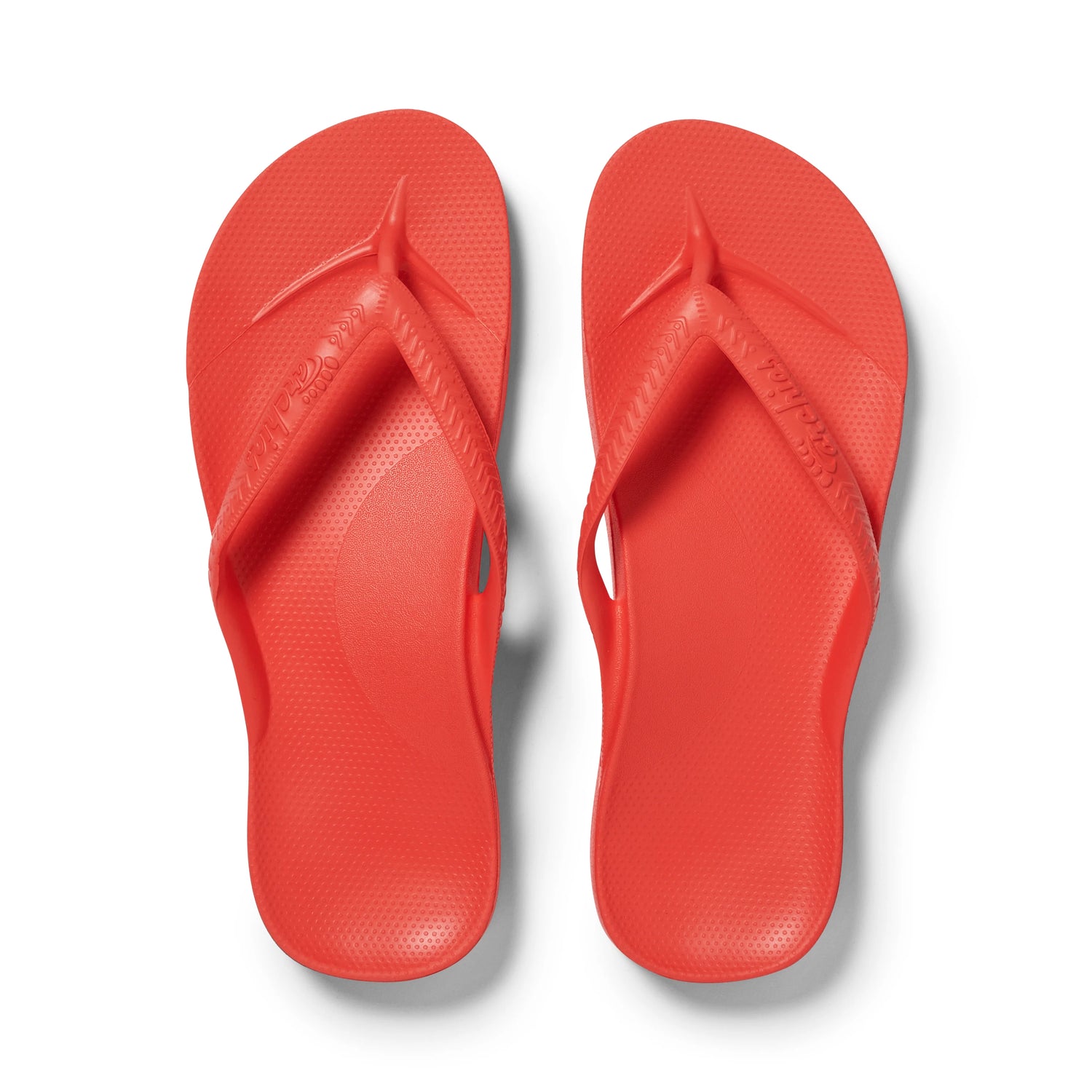Traveller's Diarrhoea

Diarrhoea is the most common symptoms experience by travellers abroad. It can be caused by a variety of organisms but is more likely to be bacterial than diarrhoea contracted in the UK. It is spread by the consumption of food and drink that has been contaminated with faeces. The highest risk is in the Indian Subcontinent, South America and Sub-Saharan Africa.
Prevention
This is mainly good hand hygiene and effective food and water precautions as listed below:
- Use bottled water or boiled tap water
- Brush your teeth using bottled or boiled water
- Wash your hands frequently with soap using bottled or boiled water (allowed to cool) especially after using the toilet, eating or preparing food
- Avoid all ice in drinks
- Avoid ice cream
- Only eat uncooked vegetables and fruit if you have washed them in boiled/bottled water and prepared yourself
- Try to only eat fruit that you can peel
- Do not eat shell fish or sea food
There is no vaccination available for traveller’s diarrhoea but there is some protection from the oral cholera vaccine. However, it is not licenced for this use and is not advised. Antibiotics are also not advised for the prevention of traveller’s diarrhoea.
Other preventative measures include the use of bismuth subsalicylate, which seems to be effective in about 60%. This can be bought in a chemist & is available as a tablet (Pepto-bismol) or liquid (Pepto-bismol liquid or Boots Pepti-calm). For further information please follow the link.
Symptoms
Traveller's diarrhoea usually occurs within the first week and is defined as the passage of three or more loose or liquid stools in 24 hours, or sudden onset of abnormally loose/watery stool for the individual, accompanied by any of: fever, abdominal cramps, faecal urgency, nausea or vomiting. Most cases resolve in 3-5 days with no treatment required. It is graded by severity of the symptoms:
Mild - Usually has no accompanying symptoms and does not disrupt normal activities. Can be treated with rehydration and anti-diarrhoeal agents.
Moderate - Associated with additional symptoms, is distressing and leads to an interruption of normal activities. Can be treated with rehydration and anti-diarrhoeal agents.
Severe - Associated with additional symptoms, is incapacitating and prevents all planned activities. (Usually > 6 stools daily). Treatment can include rehydration, anti-diarrhoeal agents and antibiotics.
However, marked vomiting, fever, pain, bleeding or dehydration require hospital referral so that intravenous fluids can be administered
Traveller’s Diarrhoea Kits
From £20


